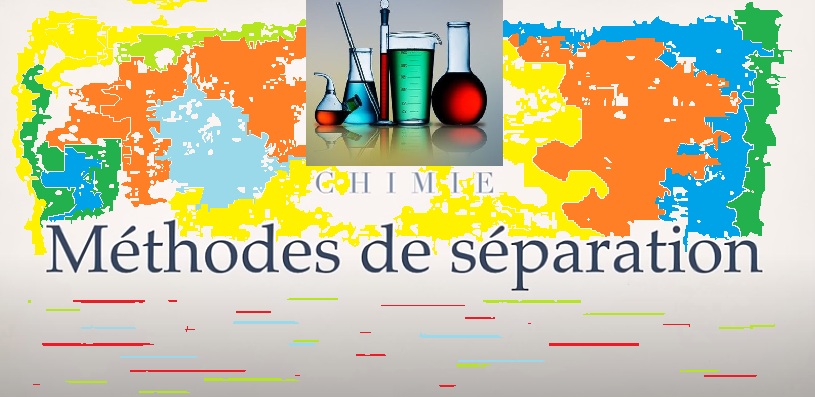Informations du cours

The course begins with an in-depth exploration of mixture separation methods, whether homogeneous or heterogeneous. For homogeneous mixtures, distillation and liquid-liquid extraction are covered, highlighting how these techniques exploit differences in boiling points and solubility to separate components. Regarding heterogeneous mixtures, the course emphasizes the use of filtration, decantation, and centrifugation, approaches that take advantage of the distinct physical properties of the constituents.
The course then shifts focus to chromatographic techniques, particularly emphasizing liquid chromatography (HPLC) and gas chromatography (GC). These sophisticated analytical chemistry methods rely on the separation of components based on their specific interactions with a stationary phase. HPLC uses a liquid stationary phase, while GC employs a gas stationary phase, allowing for the fine separation of components based on their physico-chemical properties.
Overall, the course highlights the crucial importance of these separation and chromatographic techniques across various scientific fields. Whether for the purification of complex substances or for detailed analysis of sample constituents, these methods provide essential tools for researchers in chemistry and related domains.
- Enseignant: CHINI Zine Labidine
